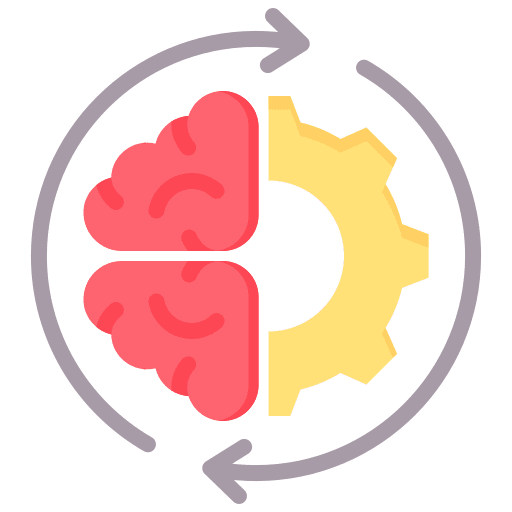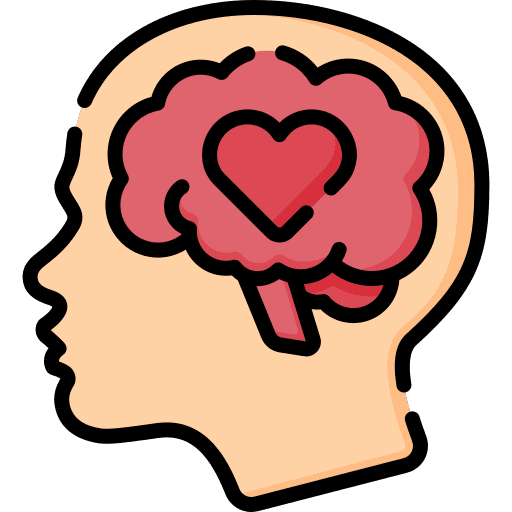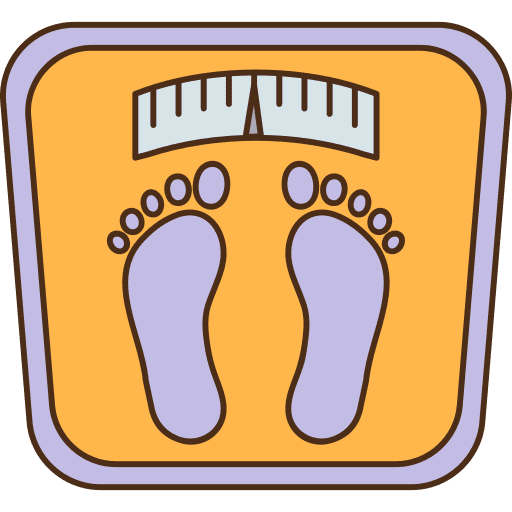Understanding Long-Term Sleep Deprivation Effects
Many patients believe their consistent lack of quality sleep is not a serious concern. However, sleep-related breathing disorders such as sleep apnea or insomnia significantly impact your quality of life. Long-term sleep deprivation effects can include a higher risk of heart attack, stroke, depression,1 and even Alzheimer's disease or dementia.2
Image courtesy of Häggström, Mikael (2014)
Why Is Sleep So Important?
Adequate sleep is imperative to your overall health. While you sleep, your body is able to repair, recharge, and perform vital functions that are necessary to maintain a healthy body and mind. Receiving less than the recommended amount of sleep for your gender and age could significantly impact brain function, memory, and even the cardiovascular system over time.
The long-term effects of sleep deprivation can include a higher risk of heart attack, stroke, depression, and even Alzheimer's disease or dementia.
Consequences of Lack of Sleep
There is a broad range of effects that ongoing sleep deprivation can have on both your physical and mental health:
How Can We Help You?
If you are suffering from a sleep disorder such as sleep apnea, we can conduct an in-depth screening; however, diagnosis of your condition must be completed by a physician. Dr. Reza Radmand and our team have helped many patients find a treatment that can address their disorder. For those suffering from snoring or sleep apnea, we may recommend oral appliance therapy. If you are diagnosed with a condition other than a sleep-related breathing condition, we can refer you to the appropriate specialist to ensure you receive effective treatment.




